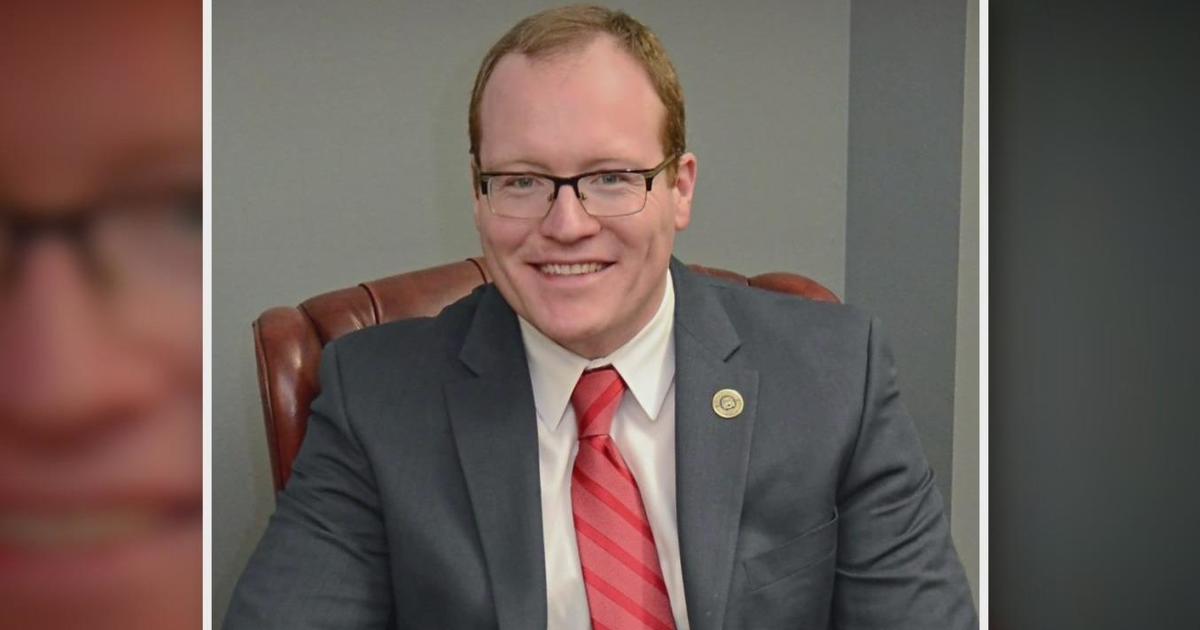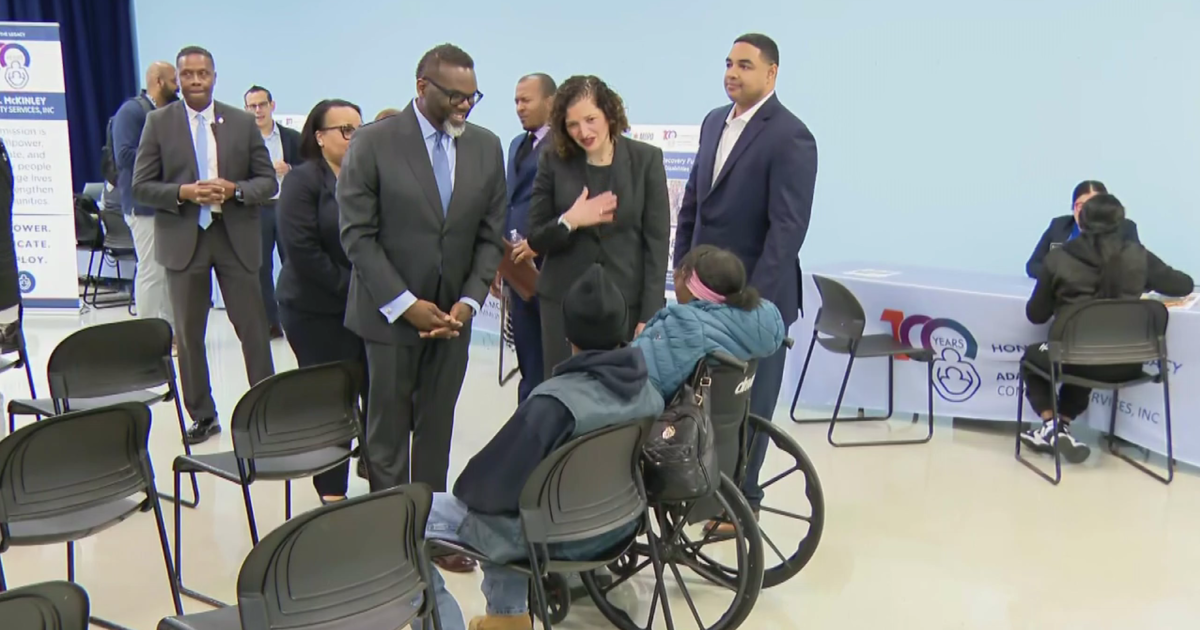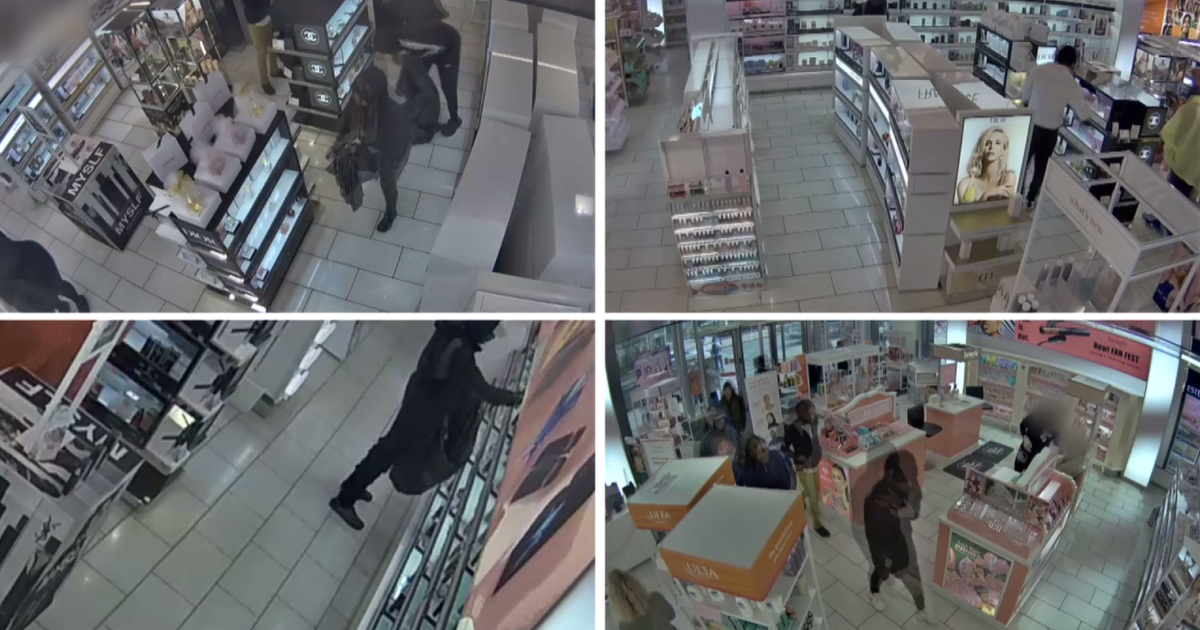Cook County Board To Vote On Sugary Beverage Tax
CHICAGO (CBS) -- The Cook County Board was expected to vote Thursday on the proposed penny-an-ounce tax on sweetened soft drinks and other beverages.
County Board President Toni Preckwinkle said the sugary beverage tax would help close a $174 million budget gap and avoid layoffs, but Illinois Beverage Association executive director Claudia Rodriguez said the tax will hurt everyday people.
The new tax would raise the price of a 2-liter bottle of soda by 68 cents, and a 24-case of canned soft drinks by $2.88.
"So you're adding 68 cents to a 99 cents drink, then you're adding your sales tax for the city, your state taxes as well, and then plus the city and the state have their own beverage tax," Rodriguez said.
Karen Larimer, President of the American Heart Association Chicago, said those soft drinks cause obesity and health problems.
"Sugary drinks have the most concentration of dangerous non-vital calories to the American diet," she said.
The tax would apply to all sugary soft drinks, lemonades, teas, sports drinks, and sweetened powders and syrups used for fountain drinks. It also would include drinks made with artificial sweeteners.
Hundreds of people – both opponents and supporters of the tax plan – packed the board room and the hallway outside during Thursday's board meeting. More than 100 people signed up to speak about the tax plan before the vote.
The sugary beverage tax plan comes a year after the county board approved a penny-per-dollar sales tax hike, but Preckwinkle said the revenue from that tax hike went to pay down the county's pension debt, not to operating costs. She said the soft drink tax would be used to keep the county running.
"Eighty-seven percent of our budget is public health and public safety. We run a public hospital system, a public health care system, and we run the criminal justice system. That's where 87 percent of our money goes, and those are critical functions in our community and in our county, and I hope and pray that our residents understand that if you want good service, you have to pay for it," she said.
Opponents have said the tax would convince consumers to purchase those drinks in neighboring counties, hurting Cook County businesses.
"I believe that this is the wrong way to go. I believe it's tone deaf, and we're not listening to the voters. We're not listening to the people. This is a regressive tax. It taxes the most vulnerable of citizens. It hurts businesses. It potentially could put beverage industry workers out of work," Cook County Commissioner Richard Boykin said.
Commissioner Stanley Moore said, as a small business owner, he's struggled with the tax proposal, but he supports the plan.
"Without the funding, we're going to have to lay off 800 additional people. We've already laid off 300 people. We've eliminated 295 positions. We just can't seem to cut, cut, cut. You can't cut your way out," he said.
If approved, the beverage tax would go into effect in July 2017. It would generate a projected $74 million in 2017, and about $150 million a year after that, according to Preckwinkle's office.



